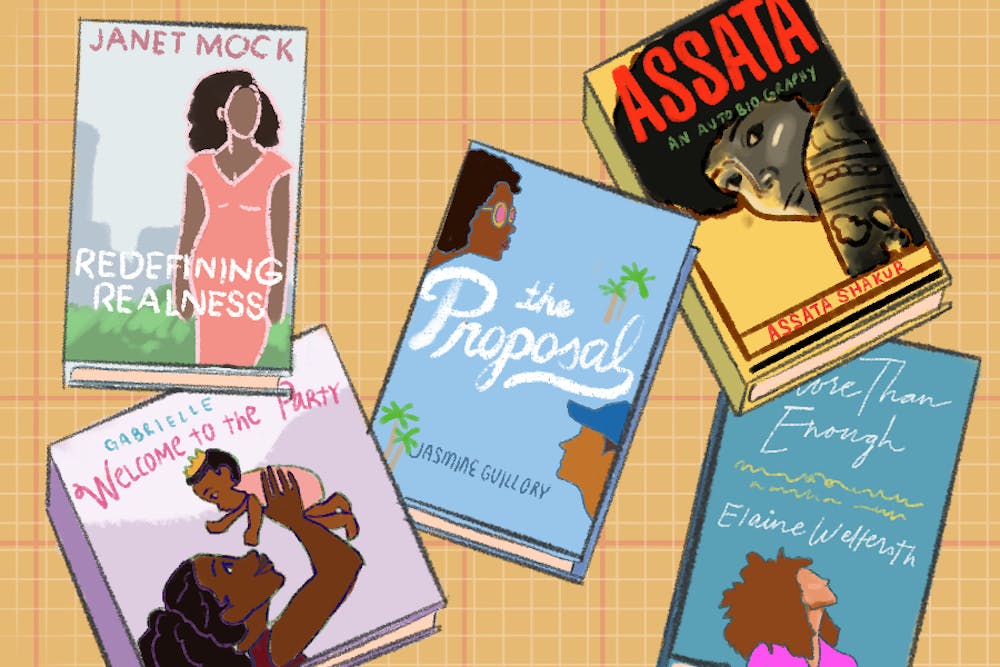
In a University announcement on June 16th, Penn’s leaders said, “On this year’s Juneteenth, which is this Friday June 19th, we ask members of the Penn community to take the day off of their regular work as an opportunity to contemplate the historical significance of Juneteenth and how we can learn from our past to chart a more equitable path forward.”
With this phrasing, the administration does not sound like they are speaking to black students even while talking about racial justice. This is a grave concern.
Asking white and non-Black students of color to be good allies clearly is the right thing to do for the administration, but this appeal must not imply the erasure of the Black members of our Penn community. Taking one day -- no matter how much historical significance -- to ‘contemplate’ is the product of the white privilege of not usually having to be aware of racism.
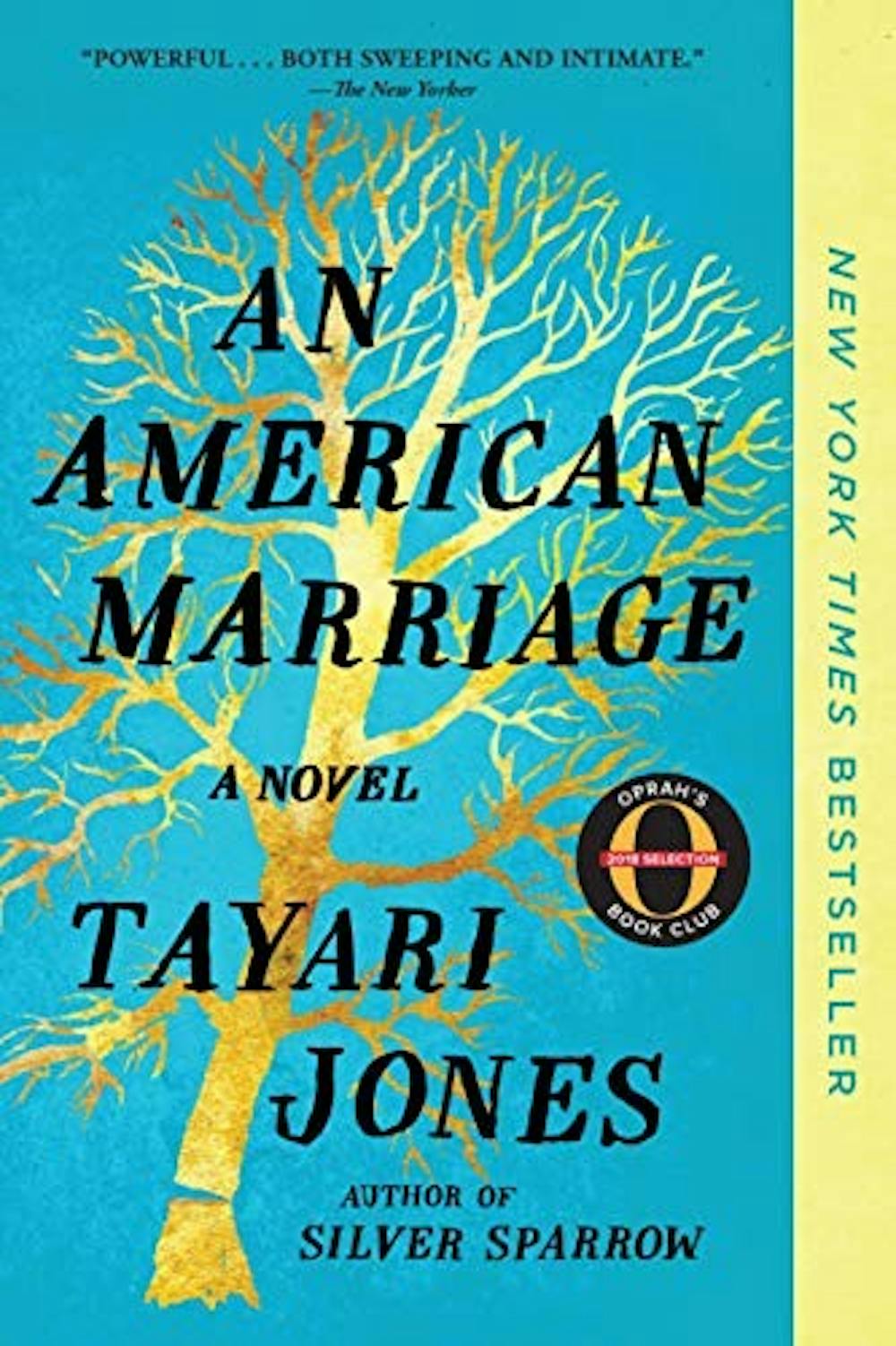
Juneteenth should be commemorated this year, and should have been a national holiday for a long time now. But before this year, it has received little attention. So let’s not pretend this is an established occasion that everyone knows the script for. The administration’s suggestion of contemplation is one in a series of instances of what feels like lip service, of companies trying to cover their bases against criticism of racism rather than actively doing anti-racist work. It might be that we need to have patience for words to become actions. Yet, as a community that is very diverse yet very hierarchical and that was built on exclusion, Penn has a heightened responsibility to lead by example.
As a Ph.D. student in Comparative Literature, I naturally think that reading is the answer to everything. As a white European, I also might have an easier time thinking I know the answers here than those who are Black or have grown up in the United States.
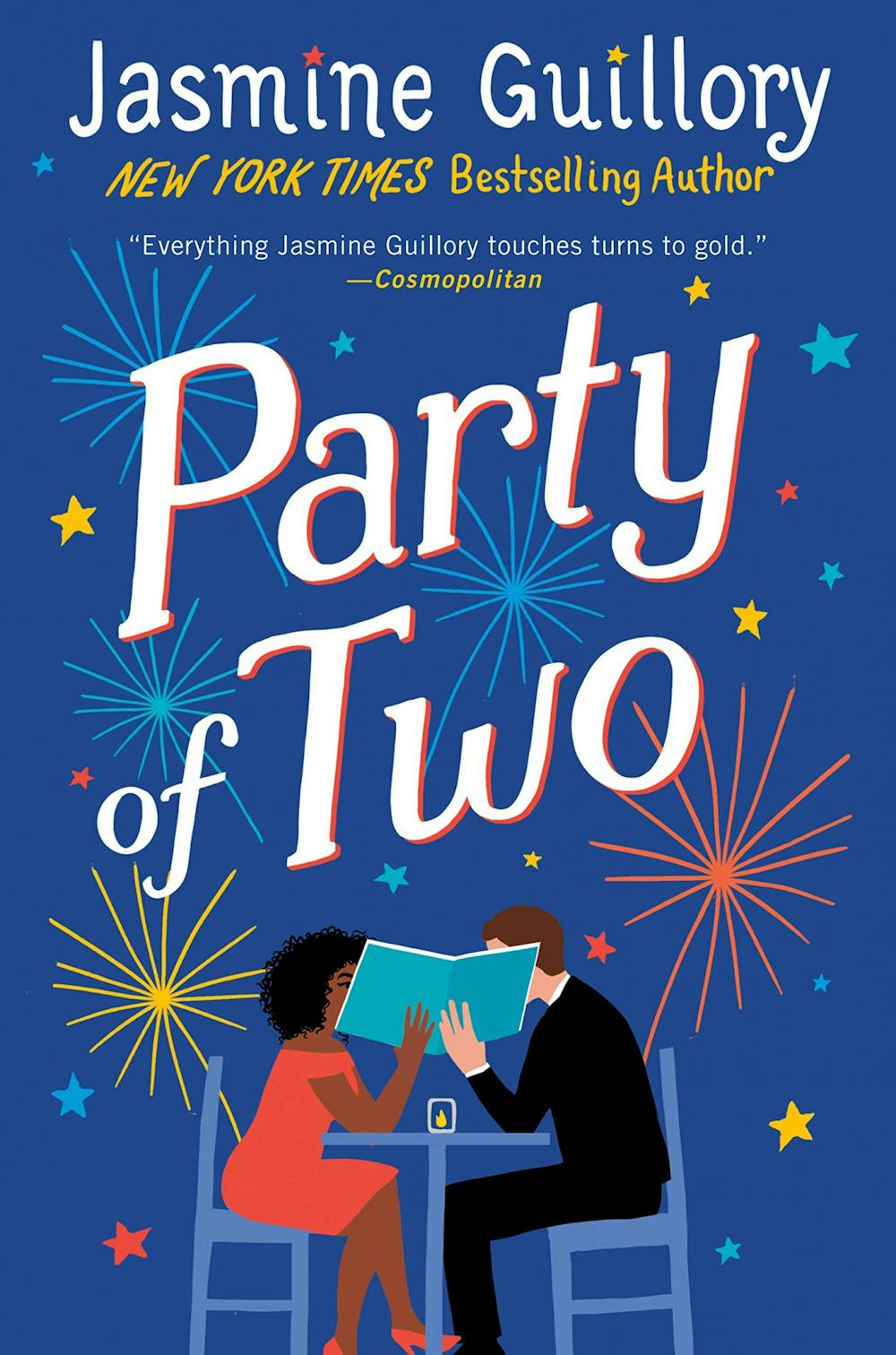
To white and non-Black people of color allies, and those hoping to become supporters of anti-racist work, I want to suggest reading novels, memoirs, essays, romance, and children’s books by Black women. By focusing on women writers, I don’t mean to take away from the amazing work of black men writers such as Ta-Nehisi Coates, Ibram X. Kendi, Karamo Brown, and James Baldwin. I simply wish to celebrate black women writers and their excellence because in every historical moment, it’s important not to fall into the common trap of overlooking women at the center of paradigm shifts.
Turning to a variety of books about Black life and anti-racism will educate you on what you might have not known or seen before, and help you face realities with which you might not have been prepared to engage before. Literature can teach you a lot without putting a burden on Black people to explain. They will give you the answers with zero percent injury to others, and not even awkwardness for yourself. Read Austin Channing Brown’s 'I'm Still Here' (you can discuss with Reese Witherspoon and the author if you’re interested), Tayari Jones’ 'An American Marriage,' or Tiffany Haddish’s 'The Last Black Unicorn' and see the beauty and difficulty, the heartbreak and triumphs of being Black in the United States.
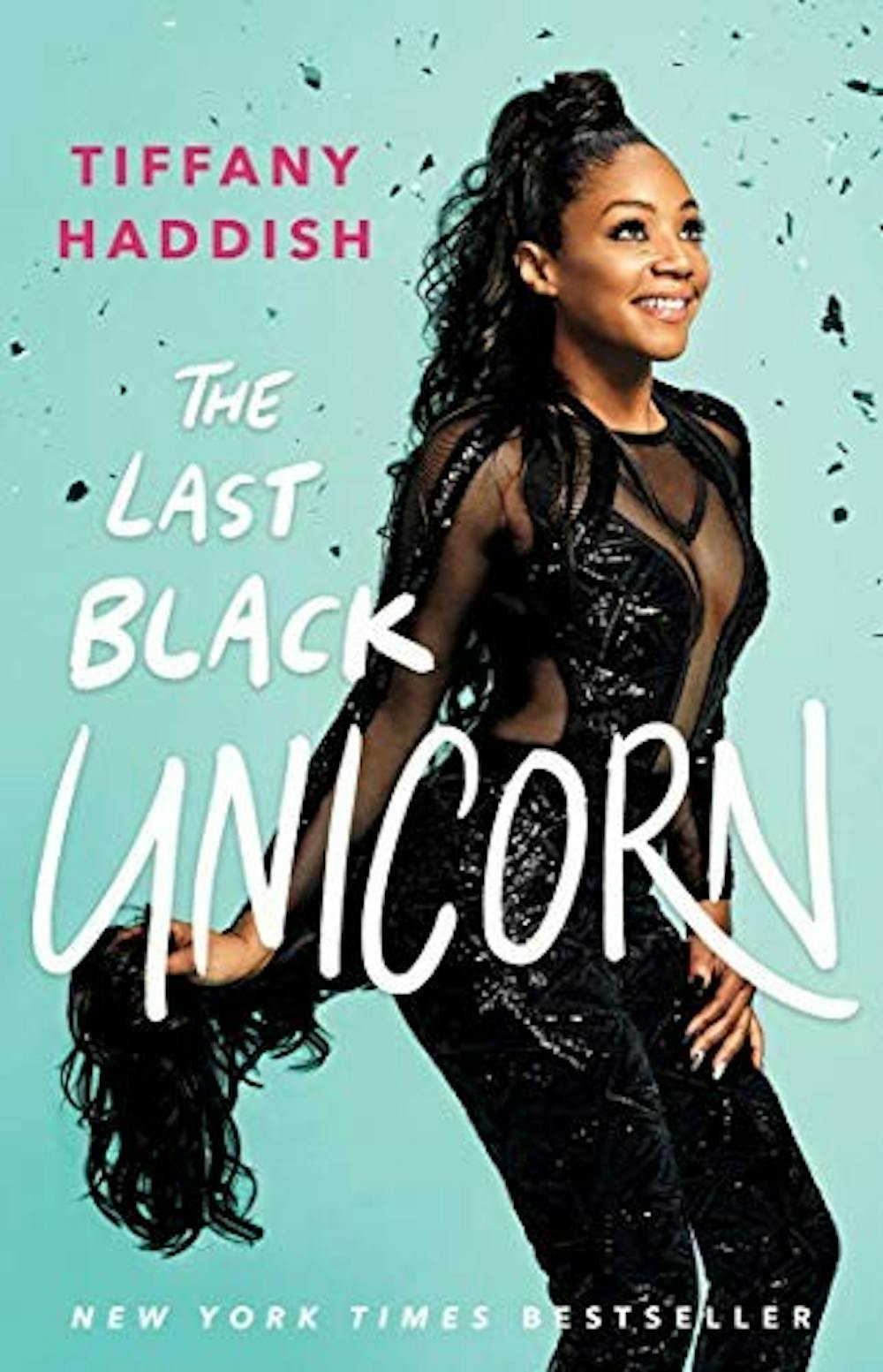
Reading can be performative and empty, substantial and sincere, or anywhere in between. It’s up to you if and how you take up these recommendations. The inner work of reading will be known (at least immediately) only to you. So it’s your choice. In this moment of our world, many people have turned to anti-racist reading, ideally sourced from Black-owned bookstores. Titles like 'White Fragility,' 'So You Want to Talk About Race,' and 'How to be an Antiracist,' have made it to the NYT Best Seller lists. The Black Power Publishing Initiative encourages readers to continue to fill best seller lists with the work of Black writers. Meanwhile, the book industry is also reckoning with its own structural racism.
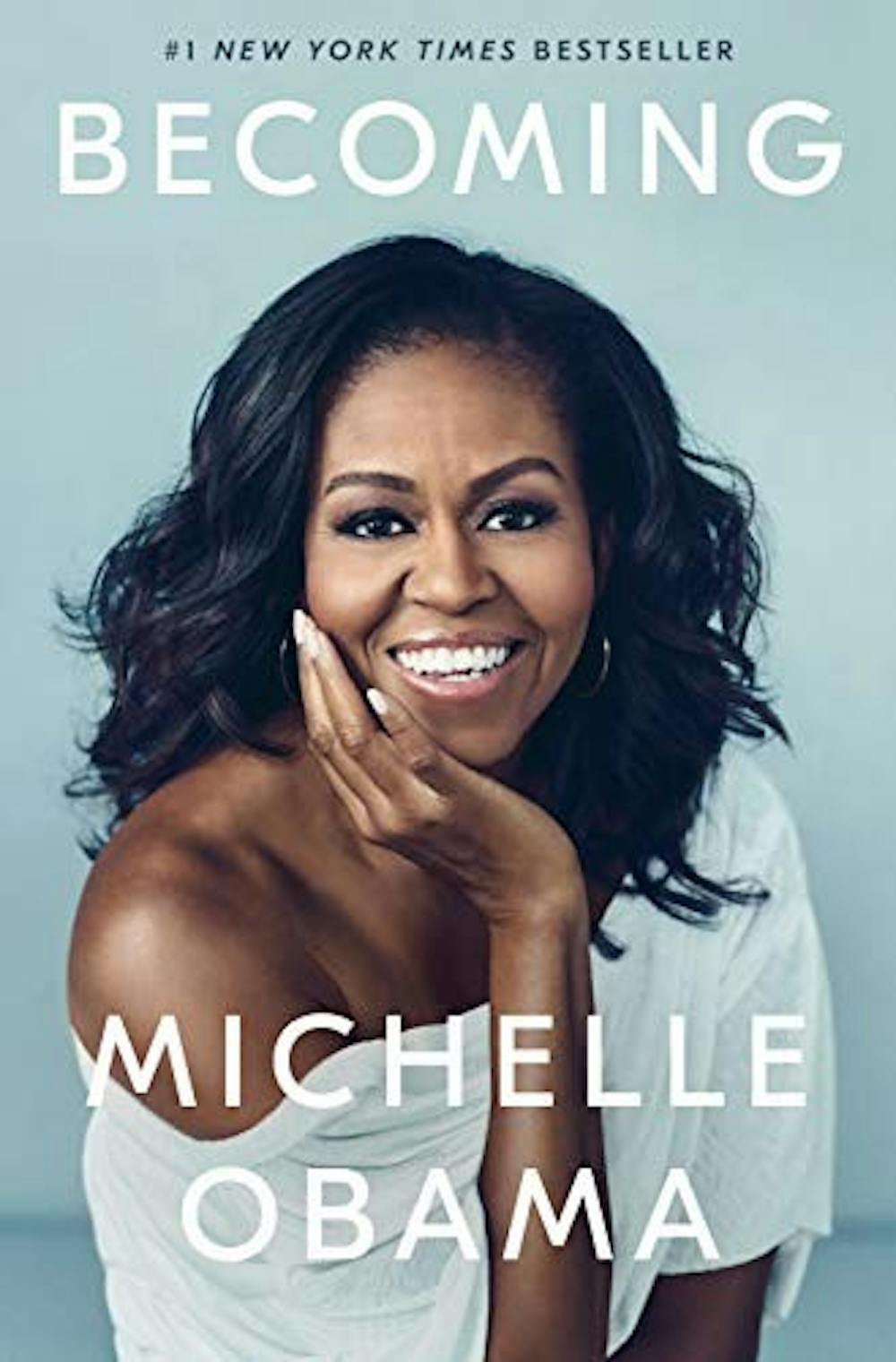
I am not going to try and tell Black people what to do or read, but I do hope that reading any of the books I’m recommending here and those that others are compiling elsewhere might be sources of validation, joy, identification, and community that have been missing at Penn and other places. Syllabi, pop culture, politics, and conversations around you might not ever or not nearly enough have represented, centered, and taken care of Black communities.
Jasmine Guillory’s 'The Proposal' and 'Party of Two' or Farrah Rochon’s 'The Boyfriend Project' show beautiful and complex love stories. Witnessing women like First Lady Michelle Obama or trans woman, writer, and producer Janet Mock overcoming great adversity is inspiring. And receiving Teen Vogue Editor-in-Chief Elaine Welteroth’s beautiful advice in 'More Than Enough' or reading children’s books like Gabrielle Union’s 'Welcome to the Party' can help heal the wounds Black people sustain because of the society we all live in. These books create a sense of belonging and offer a space to recharge.
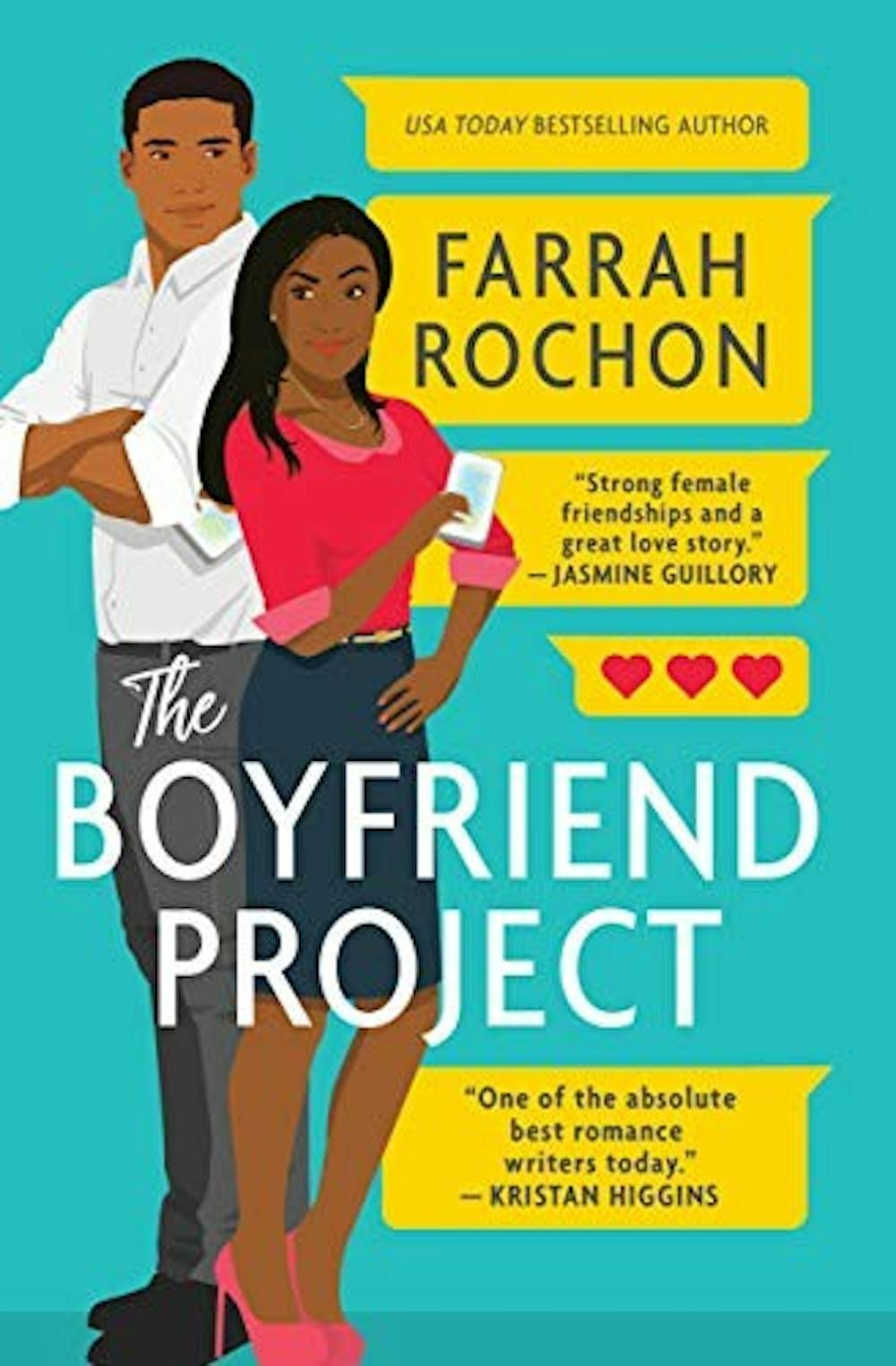
Allies, let’s make sure that the last few weeks of protests don’t end up being a moment. This is a movement, and we must hold ourselves accountable at Penn to keep the fight against the structural violence of racial injustice going. Letting ourselves be nourished, educated, and inspired by Black women’s writing is one of the easiest and most wonderful ways to move ahead in the process for justice and peace.

ANGELINA EIMANNSBERGER is a Ph.D. student entering her third year in the Program of Comparative Literature. Her research focuses on Contemporary US women writers, Socialist Feminism, femininity, and women’s book clubs. Her email address is aeim@sas.upenn.edu.
The Daily Pennsylvanian is an independent, student-run newspaper. Please consider making a donation to support the coverage that shapes the University. Your generosity ensures a future of strong journalism at Penn.
Donate



